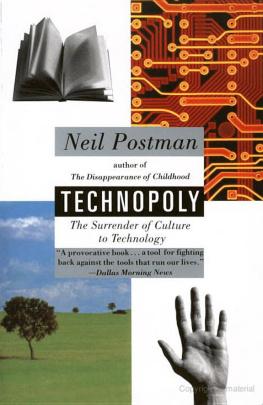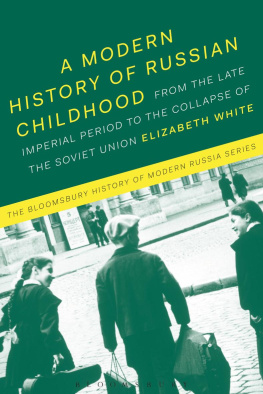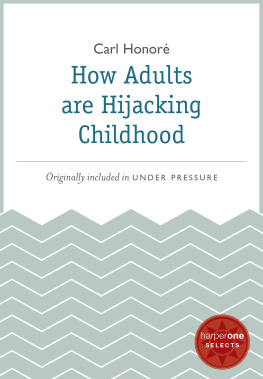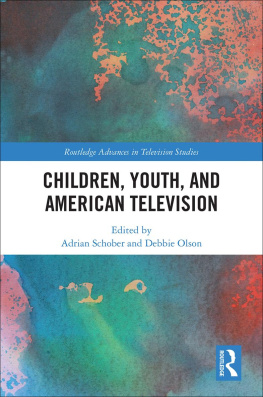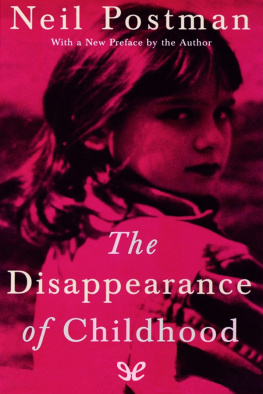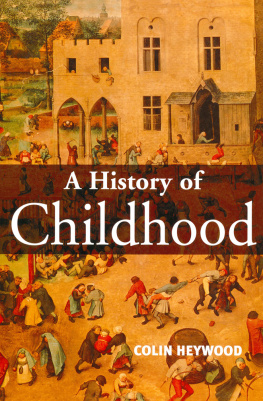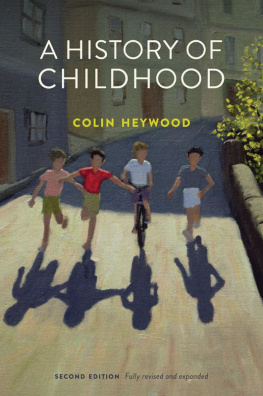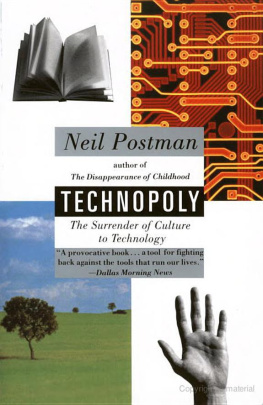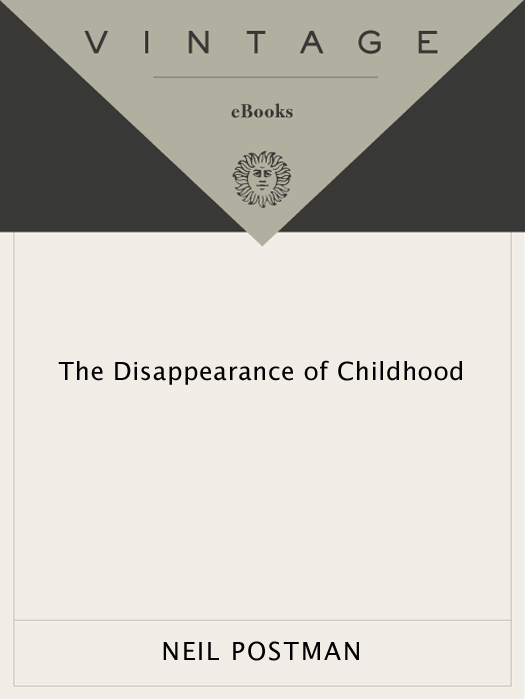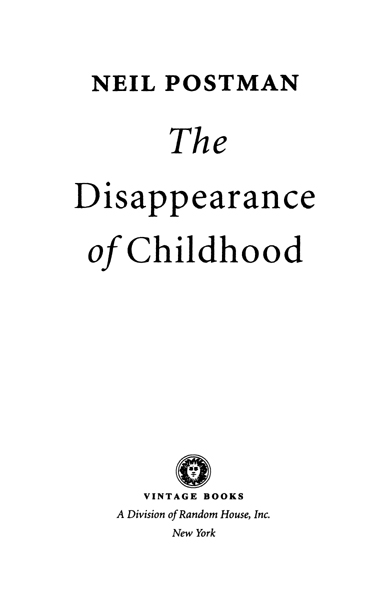NEIL POSTMAN
The Disappearance of Childhood
Neil Postman is a critic, communications theorist, and Chair of the Department of Communication Arts and Sciences at New York University. In 1987 he was given the George Orwell Award for Clarity in Language by the National Council of Teachers of English. In 1989 he received the Distinguished Professor Award at New York University. In the spring of 1991 he was Laurence Lombard Visiting Professor of the Press and Public Policy at Harvard University. For ten years he was editor of Et Cetera, the journal of General Semantics. His seventeen previous books include Teaching as a Subversive Activity (with Charles Weingartner), Amusing Ourselves to Death, Conscientious Objections, and Technopoly. He is currently writing a book called Reinventing Education.
ALSO BY NEIL POSTMAN
Technopoly
Conscientious Objections
Teaching as a Subversive Activity
(with Charles Weingartner)
Crazy Talk, Stupid Talk
Teaching as a Conserving Activity
Amusing Ourselves to Death
FIRST VINTAGE BOOKS EDITION, AUGUST 1994
Copyright 1982, 1994 by Neil Postman
All rights reserved under International and Pan-American Copyright Conventions. Published in the United States by Vintage Books, a division of Random House, Inc., New York, and simultaneously in Canada by Random House of Canada Limited, Toronto. Originally published in hardcover in slightly different form by Delacorte, Press, New York, in 1982.
Library of Congress Cataloging-in-Publication
Data Postman, Neil.
The disappearance of childhood/Neil Postman.1st Vintage Books ed.
p. cm.
Originally published: New York: Delacorte Press, 1982. With new preface.
eISBN: 978-0-307-79722-3
1. Children. 2. Mass media and children. 3. Children and adults. I. Title.
HQ767.9.P67 1994
305.23dc20 94-16385
v3.1
To Shelley
Contents
Preface to the Vintage Edition
In preparing myself to write a new preface to this re-publication of a twelve-year-old book, I reacquainted myself with it in considerable detail. This was not an unpleasant task, since of all the books I have written, this one has always been my favorite. But I was not inclined to pamper it. I was especially looking for predictions, either implied or stated, that have turned out to be wrong. My intention was to tell the reader that I had made these errors and then use this edition as an opportunity to correct them. Believe it or not, I was hoping to find a few important mistakes. The book, after all, has a rather sad theme, made all the more unpalatable by the fact that it offers no strong solutions to the problem it raisesin fact, no solutions at all. If at least some trends toward the disappearance of childhood had been stayed or reversed since the book was written, I would have been delighted. It would bring no shame to me or the book to say something I thought would happen did not; that something I knew to be happening is no longer happening.
As it is, I must let the book stand as I wrote it in the late 1970s and early 1980s. Of course some of the examples I gave as evidence of the erosion of the line between childhood and adulthood will be unfamiliar to young readers. They will have to supply their own, of which there are now many more to choose. More than more. The examples one would have available today have a kind of arrogant relevance that I would not have expected a few years ago. To put it plainly, the book set out to describe where the idea of childhood came from, why it flourished for 350 years, and why it is rapidly disappearing. My re-reading of the book, sad to say, leads me to change nothing of importance in it. What was happening then is happening now. Only worse.
But I have learned something about the subject over the past twelve years that compels me to add something that is not in the book. I would not have believed it could have been in the book. But I am glad to make an amendment here.
Over the past twelve years, many teachers, from elementary school through university, have discussed the arguments and evidence offered in this book with their students. And some of those students have written letters to me expressing their views on the matter. I have been particularly interested in the opinions of students in the fifth and sixth grades, since they are at an age at which children would not only be suffering the effects of an early unwanted adulthood but could talk about them, even reflect on them. Such students also tend to be direct and economical in their style, having not yet been encouraged to use language to conceal their thoughts. For example, a girl named Narielle concluded her short letter by saying that my ideas were weird. A boy named Jack said, I think your essay wasnt very good. Childhood doesnt disappearsnap!like that. Joseph wrote, Childhood does not disappear because you watch TV, I think childhood is wasted by going to school five days a week. In my opinion, that is too much. Childhood is too precious to go to school more than half a week. Tina wrote, When youre a kid, you dont really have to worry about responsibility. Kids get to play around more. John wrote, I think 18 is the correct age for becoming an adult. Patty: I dont think that if a ten-year-old kid watches an adult show then that kid is never a child again. Andy: Most kids who watch TV shows know they are not real.
There are, of course, many things to learn from such comments, but their main lesson for me is that children themselves, are a force in preserving childhood. Not a political force, certainly. But a kind of moral force. In these matters, perhaps we can call them a moral majority. Children, it would seem, not only know there is value in being different from adults, but care that a distinction be made; they know, perhaps better than adults, that something terribly important is lost if that distinction is blurred.
I will stand by the theme of the book: American culture is hostile to the idea of childhood. But it is a comforting, even exhilirating thought that children are not.
N EIL P OSTMAN
New York City
1994
Introduction
Children are the living messages we send to a time we will not see. From a biological point of view it is inconceivable that any culture will forget that it needs to reproduce itself. But it is quite possible for a culture to exist without a social idea of children. Unlike infancy, childhood is a social artifact, not a biological category. Our genes contain no clear instructions about who is and who is not a child, and the laws of survival do not require that a distinction be made between the world of an adult and the world of a child. In fact, if we take the word children to mean a special class of people somewhere between the ages of seven and, say, seventeen, requiring special forms of nurturing and protection, and believed to be qualitatively different from adults, then there is ample evidence that children have existed for less than four hundred years. Indeed, if we use the word children in the fullest sense in which the average American understands it, childhood is not much more than one hundred and fifty years old. To take one small example: The custom of celebrating a childs birthday did not exist in America throughout most of the eighteenth century,


